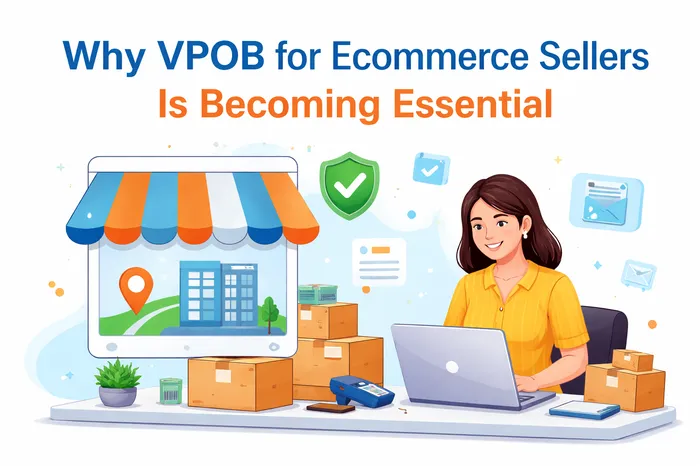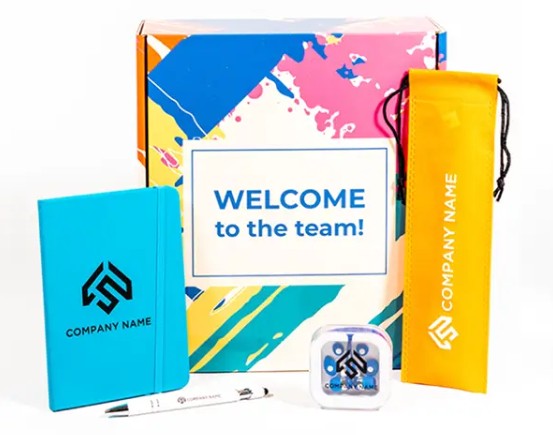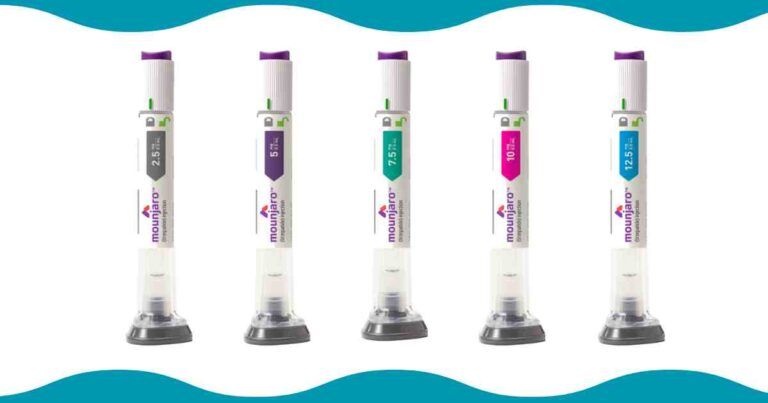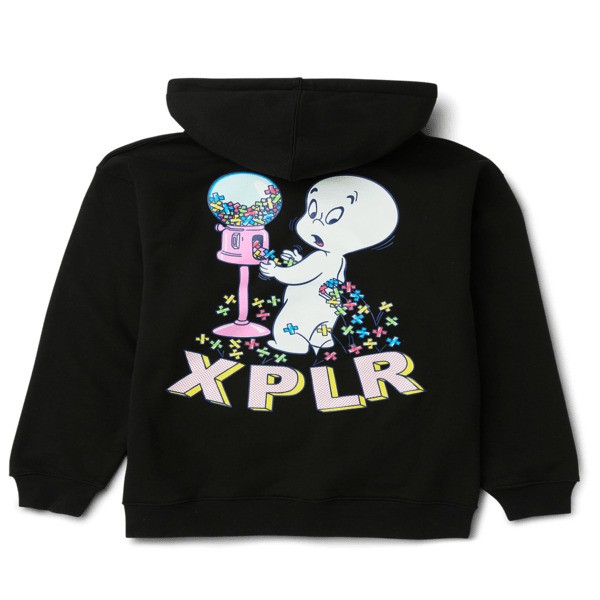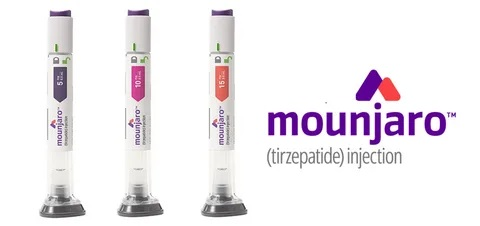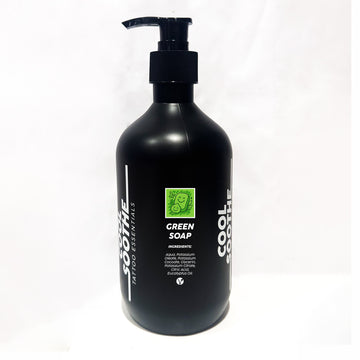Why White Label SMM Is a Strategic Edge for Growing Agencies
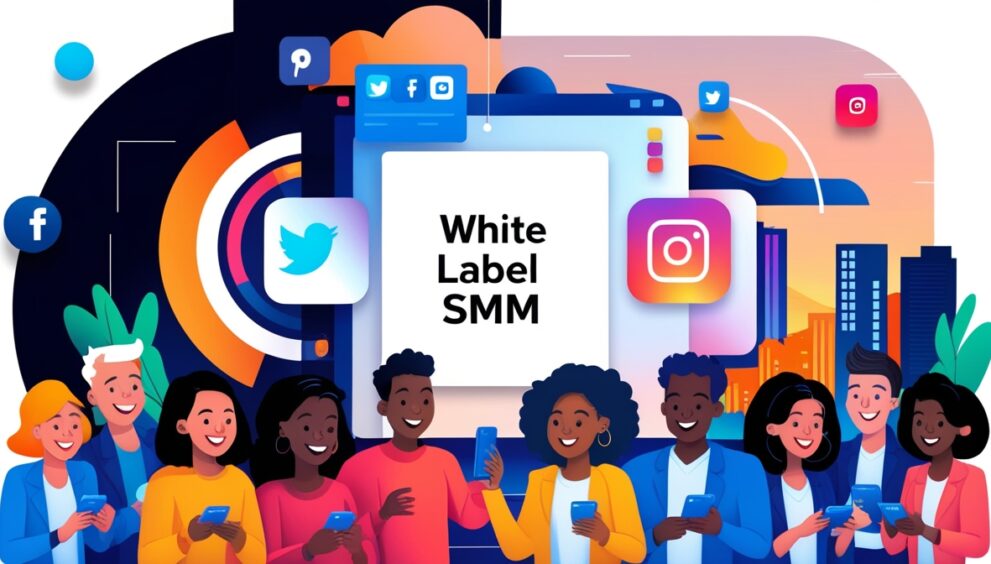
Introduction
Social media has become a major part of digital marketing, influencing how businesses connect with audiences and build brand visibility. For agencies, offering strong social media marketing (SMM) services can significantly improve client satisfaction and retention. However, not every agency has the resources, talent, or time to deliver SMM effectively in-house. This is where white label SMM services provide an advantage.
By partnering with white label providers, agencies can offer high-quality social media solutions under their own brand name, without needing to invest in additional staff or infrastructure. This model creates an opportunity for agencies to grow faster, serve more clients, and stay competitive in an increasingly demanding market.
This article explains why white label SMM is a strategic edge for growing agencies, supported by facts, examples, and practical insights.
What Is White Label SMM?
White label SMM refers to outsourcing social media marketing tasks to a third-party provider who works behind the scenes. The agency presents these services to clients under its own brand name, while the white label partner handles execution.
Typical services covered under white label SMM include:
-
Social media account setup and management
-
Content creation and scheduling
-
Paid advertising campaigns (Facebook, Instagram, LinkedIn, TikTok, etc.)
-
Social media audits and reporting
-
Audience engagement and community management
-
Analytics and performance tracking
This approach allows agencies to provide a complete social media solution without directly managing the process in-house.
The Rising Demand for Social Media Marketing
Social media continues to grow as a marketing channel, making SMM a necessary service for most businesses. According to Statista, over 5 billion people worldwide now use social media platforms, with the average user spending more than 2 hours per day on social apps.
For businesses, this means that social media is no longer optional—it’s essential for:
-
Reaching and engaging target audiences
-
Driving website traffic and sales
-
Building brand awareness and credibility
-
Gathering customer feedback and insights
As demand for white label social media marketing rises, agencies are under pressure to expand their service portfolios. White label SMM allows them to meet this demand quickly and efficiently.
Why Growing Agencies Turn to White Label SMM
Growing agencies turn to white label SMM to scale services, cut costs, and deliver expert social media solutions without building in-house teams.
1. Cost Efficiency
Hiring an in-house SMM team can be expensive. Salaries, training, software tools, and campaign costs quickly add up. By outsourcing to a white label provider, agencies reduce overhead costs while still offering comprehensive services.
2. Access to Specialized Expertise
White label partners employ professionals who specialize in social media marketing. They understand platform algorithms, ad policies, content trends, and analytics tools. Agencies benefit from this expertise without having to build it internally.
3. Faster Service Delivery
With a white label team handling execution, agencies can deliver campaigns and reports more quickly. This speed improves client satisfaction and allows agencies to scale their operations.
4. Focus on Core Business Functions
Instead of spending time managing every detail of social media campaigns, agency leaders can focus on client relations, sales, and long-term strategy.
5. Flexibility and Scalability
White label SMM enables agencies to handle more clients without worrying about resource limitations. Whether they manage five clients or fifty, the white label partner adjusts the workload accordingly.
Key Benefits of White Label SMM
White label SMM helps agencies build trust, expand services, boost revenue, and strengthen their market position.
Builds Client Trust
Clients expect agencies to deliver measurable results. By using expert services behind the scenes, agencies can maintain consistency in quality and build stronger relationships with clients.
Expands Service Offerings
An agency that previously focused on SEO, PPC, or web design can add SMM to its portfolio without hiring new staff. This makes the agency more competitive in the market.
Improves Revenue Opportunities
By offering more services, agencies can increase revenue per client. Social media services are ongoing, which creates recurring income streams.
Strengthens Market Position
Agencies that provide a wider range of digital solutions position themselves as one-stop shops, attracting more clients and reducing churn rates.
Common Services Included in White Label SMM Packages
White label SMM packages typically cover content creation, ad management, analytics, and community engagement.
-
Content Calendar Creation: Planning consistent posts aligned with the client’s brand voice and goals.
-
Graphic and Video Content: Designing visuals, reels, and stories for platforms like Instagram and TikTok.
-
Ad Campaign Management: Running targeted ad campaigns on Facebook, Instagram, LinkedIn, and other platforms.
-
Analytics and Reporting: Tracking performance metrics such as engagement rate, reach, clicks, and conversions.
-
Reputation Management: Monitoring and responding to customer feedback across social channels.
Facts and Statistics Supporting White Label SMM
-
According to HubSpot, 77% of businesses use social media to reach customers.
-
Statista reports that global spending on social media advertising exceeded $230 billion in 2024 and continues to rise.
-
A Sprout Social survey found that 68% of consumers say their impression of a brand improves after interacting with it on social media.
-
Agencies that include SMM in their service portfolio report higher client retention rates compared to those without.
Challenges Agencies Face Without White Label SMM
Agencies without white label SMM often struggle with scaling services, meeting client demands, and maintaining consistent brand delivery.
-
Resource Limitations – Hiring, training, and managing social media staff takes time and money.
-
Skill Gaps – Not every agency has in-house experts in areas like video content, influencer marketing, or advanced analytics.
-
Client Expectations – Clients demand consistent posting, fast responses, and measurable ROI, which can overwhelm smaller teams.
-
Time Constraints – Managing multiple client accounts daily can stretch teams thin, reducing overall efficiency.
White label SMM addresses these issues by providing reliable support.
How Agencies Can Integrate White Label SMM Successfully
Agencies can integrate white label SMM successfully by choosing the right partner, maintaining clear communication, and tracking results under their own brand.
-
Select the Right Partner
-
Check provider’s expertise, case studies, and testimonials.
-
Ensure they follow ethical practices.
-
-
Maintain Clear Communication
-
Set expectations with both clients and the white label partner.
-
Use regular reporting to keep clients informed.
-
-
Focus on Branding
-
Present reports and results under the agency’s brand.
-
Maintain consistency in client communication.
-
-
Track Results
-
Measure KPIs such as engagement, reach, and conversions.
-
Adjust strategies based on data-driven insights.
-
Future of White Label SMM
As social media platforms evolve, demand for specialized SMM services will continue to grow. Features like short-form video, AI-driven ad targeting, and influencer collaborations are shaping the future of digital marketing. Agencies that integrate white label SMM will be better positioned to adapt and remain competitive.
The model also supports long-term growth. Agencies can expand service offerings without stretching internal resources, giving them a sustainable edge in a crowded market.
Conclusion
White label SMM has become a practical solution for growing agencies aiming to meet client expectations and expand service portfolios. It provides cost efficiency, access to specialized expertise, faster service delivery, and the flexibility to scale.
In a market where social media continues to dominate consumer behavior, agencies that adopt white label SMM gain a strategic advantage. They can deliver consistent value to clients, strengthen relationships, and achieve sustainable growth without unnecessary strain on resources.
By viewing white label SMM not just as outsourcing, but as a strategic partnership, agencies can position themselves for long-term success.


 English
English 

















